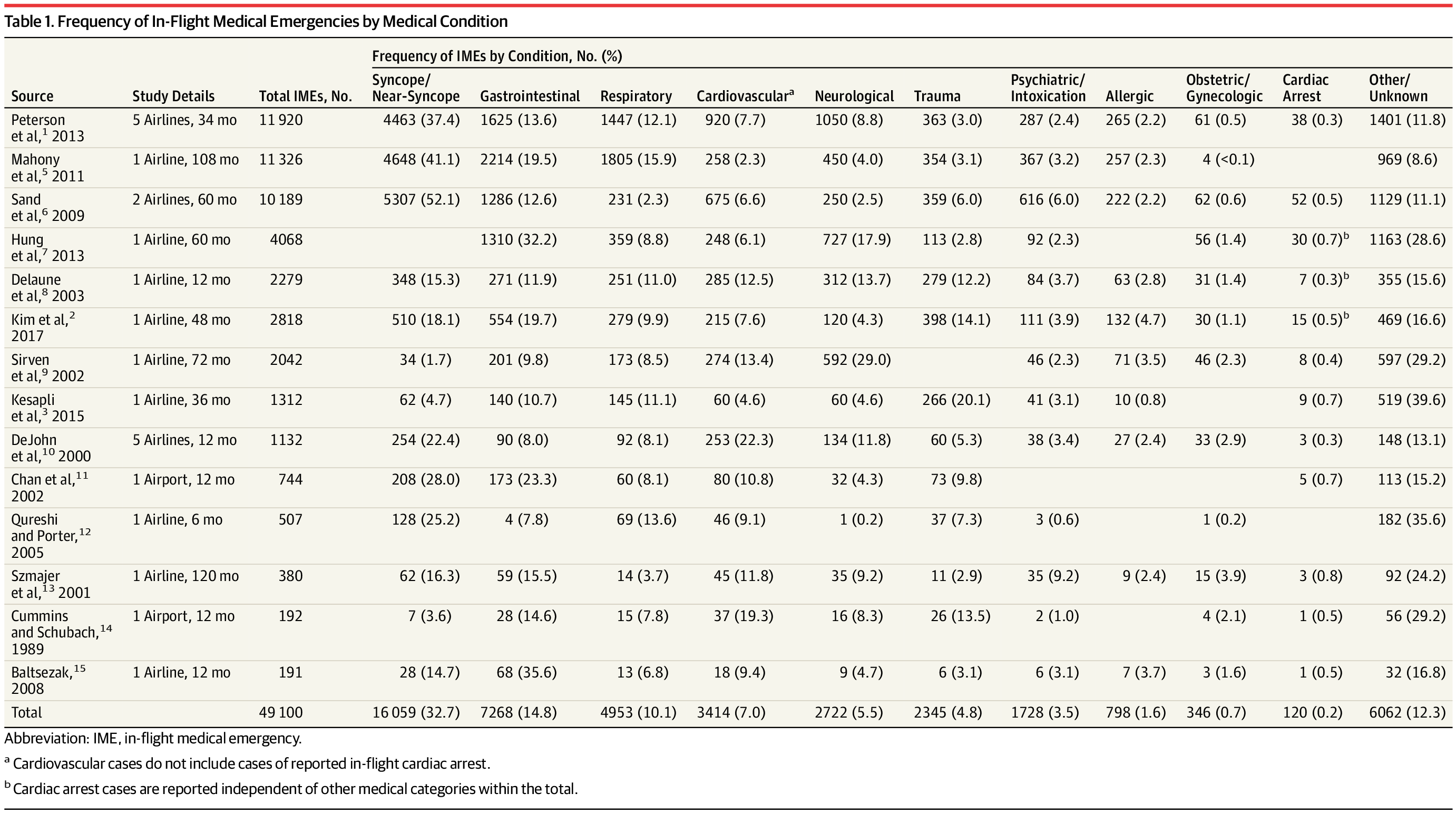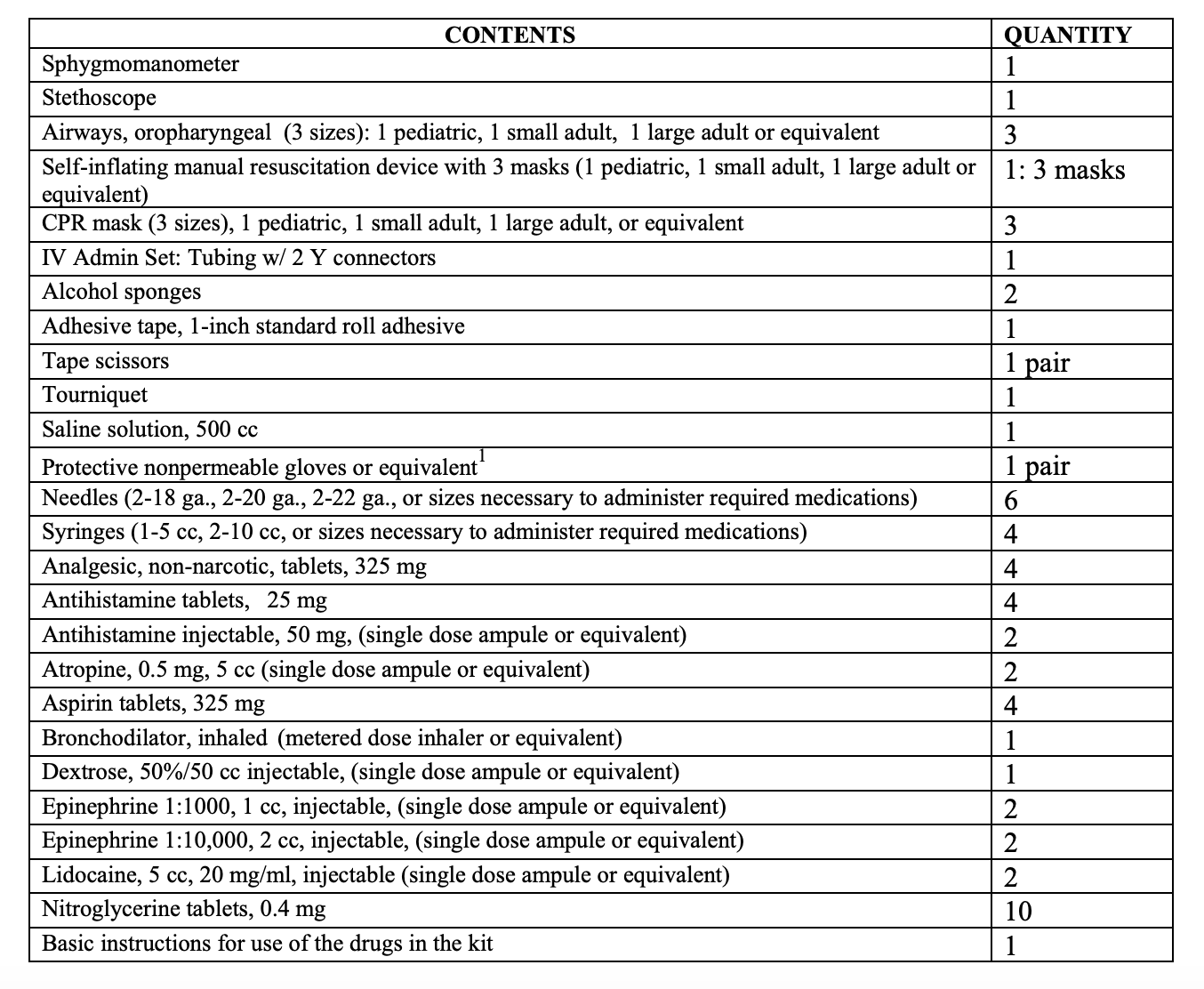- Joined
- Oct 21, 2016
- Messages
- 217
- Reaction score
- 320
Though y'all might have some input on this. Obviously this doesn't pertain to the true emergency(arrest, bad trauma, etc...). Just wondering how far you will go to help someone when you're off duty. My example is that my family and I were at a trampoline park and a young girl, probably 14 or 15, fell and had an obvious patellar dislocation. Screaming in pain. I thought about reducing it but didn't and just let EMS take her. On the one hand it definitely would have made her feel a lot better. On the other hand, in the litigious society we live in I know she would have had a fracture that would have come back to me. This isn't so much about the patellar dislocation as we all know how to handle that but instead about how you look at situations that you can actually do something about but is maybe not a life-saving situation. Thanks as always.


